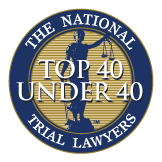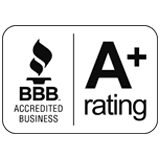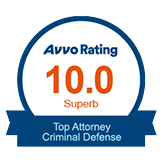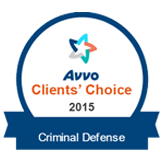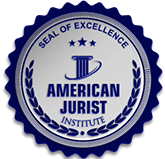Top Things to Know about NJ DUI Checkpoints
DWI at a Checkpoint Attorneys in Phillpsburg, North Warren, Frankford, NJ
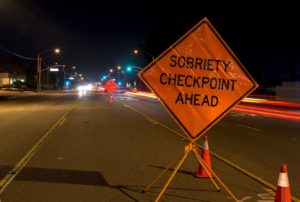 New Jersey is one of several states that permits DWI/DUI checkpoints. However, the requirements for sobriety checkpoints are very strict under the law. The courts have limited police conduct at DWI checkpoints to avoid harming individuals’ rights, specifically the right to be free from unwarranted search and seizure. Knowing your rights at a DWI checkpoint will be very helpful if you end up on the wrong end of this type of stop in New Jersey. If you need help because you’ve been arrested at a DUI checkpoint, contact our experienced DWI lawyers defending clients in Sparta, Newton, Hackettstown, Warren, Franklin Township, and throughout New Jersey. Whether it’s your first DWI, your second DUI charge, or you’ve been arrested for drinking and driving for the third time, we are here to provide your best defense. Call (973)-755-1695, fill out our convenient form, or send us a message now for a free consultation.
New Jersey is one of several states that permits DWI/DUI checkpoints. However, the requirements for sobriety checkpoints are very strict under the law. The courts have limited police conduct at DWI checkpoints to avoid harming individuals’ rights, specifically the right to be free from unwarranted search and seizure. Knowing your rights at a DWI checkpoint will be very helpful if you end up on the wrong end of this type of stop in New Jersey. If you need help because you’ve been arrested at a DUI checkpoint, contact our experienced DWI lawyers defending clients in Sparta, Newton, Hackettstown, Warren, Franklin Township, and throughout New Jersey. Whether it’s your first DWI, your second DUI charge, or you’ve been arrested for drinking and driving for the third time, we are here to provide your best defense. Call (973)-755-1695, fill out our convenient form, or send us a message now for a free consultation.
What is a DUI Checkpoint?
DWI checkpoints are various points set up along a road where the police will stop vehicles to determine whether they are driving under the influence of drugs or alcohol. While the idea behind these checkpoints—keeping intoxicated drivers off the road—is certainly a valid reason to conduct this type of investigation, DWI checkpoints are an exception to some of the basic tenants of criminal law.
As a general rule, a police officer must have a reasonable suspicion that someone committed an offense or is in the process of committing a crime, to pull them over for a traffic stop. This prevents police from harassing people who are otherwise obeying the traffic laws and criminal laws in New Jersey. As an exception, a DWI checkpoint can still be conducted, although a driver has shown no indication of violating the law or driving under the influence.
The Legality of DWI Checkpoints in New Jersey
The Supreme Court of the United States has generally held that DWI checkpoints are valid under the U.S. Constitution for three main reasons. These reasons include immigration enforcement, DWI enforcement, and traffic accident investigation. However, checking for illegal narcotics seems to go beyond what the U.S. Constitution will permit.
According to the Supreme Court, DWI checkpoints specifically help states enforce their legitimate interest in keeping the roads safe from drivers who are under the influence of liquor or any intoxicating substance. New Jersey courts have followed this general rule as well.
Standards for Valid Sobriety Checkpoints in NJ
Because DWI checkpoints border on violating citizens’ rights, they have very specific and strict guidelines that must be followed, both under federal and New Jersey law. New Jersey law is much more restrictive in what the police can and cannot do compared to federal law.
A DWI checkpoint in New Jersey must use a random mathematical formula to determine which cars to stop. Checkpoints must be visible to oncoming traffic. The stop itself can only be held for a minimal amount of time. Officers are also only allowed to check for visible signs of impairment when stopping a random driver. They can conduct field sobriety tests, but they must have a separate area to conduct field sobriety testing. Consistency regarding policies and procedures is also very important.
The requirements are strict because DWI checkpoints ignore the basic premise that a police officer has to have a reason to pull you over in the first place. If an officer fails to follow these guidelines and a driver is charged with a DWI, then the evidence and any testing conducted during the stop may be thrown out of court.
Get Help Fighting NJ Checkpoint DWI Charges
Have you been arrested at a DWI checkpoint in Sussex County, Warren County, or elsewhere in New Jersey? You may have more options than you realize. Contact our team of NJ DWI defense attorneys today to discuss your legal rights and potential strategies that we can use to get your charges dismissed. You can call (973)-755-1695 for a free consultation 24/7.


